The country is well on its way to becoming an upper-middle-income nation by 2031, thanks to factors such as consistent economic growth, strong ready-made garment exports, and a steady flow of remittances. Remarkably, the poverty rate has significantly decreased from 41.9 percent in 1991 to 13.5 percent in 2023.
However, despite the overall improvements, the cost of living in Bangladesh remains relatively low for both families and single individuals. Prices within the country vary depending on factors such as location, product type, and income level. As a result, Bangladesh can be considered an affordable place to live for many people, especially when compared to other countries in the region.
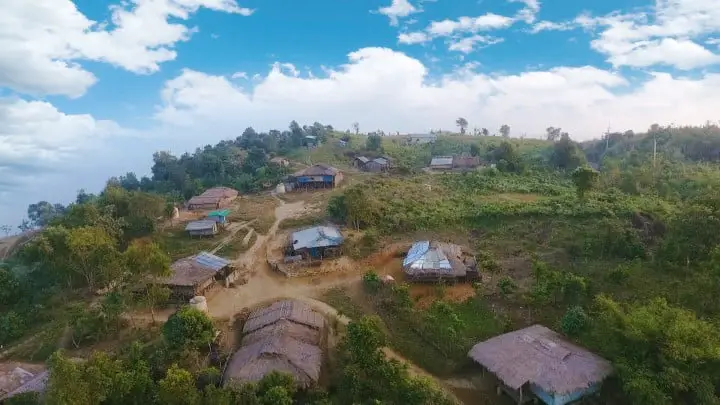
I. Introduction
Bangladesh, a small and vibrant country in South Asia, is often considered an affordable destination for travelers and expats. With its rich culture, delicious cuisine, and friendly locals, it’s no wonder that many individuals are attracted to this charming country. However, with recent inflation and rising costs, one might wonder if Bangladesh is still as cheap as it was once perceived to be. In this blog post, we will delve into the cost of living in Bangladesh and explore whether it remains an inexpensive option for those who wish to reside or travel here.
The cost of living in Bangladesh varies greatly between urban and rural areas, with Dhaka, the capital city, being the most expensive place to live. According to the Centre for Policy Dialogue (CPD), maintaining a modest standard of living in Dhaka costs around Tk47182 per month. The price of essential items, such as food and non-food products, has experienced a steady increase due to inflation, putting a strain on household budgets. This pressure is further exacerbated by the government’s reliance on indirect taxes for revenue collection, which has been criticized by the CPD for its ineffectiveness and lack of support for those in need.
In addition to the rising cost of goods and services, out-of-pocket health expenses are a significant concern for Bangladeshi families. The CPD estimates that a household of four would have to spend around Tk2625 per month on health expenditures, potentially pushing many below the poverty line. [1][2]
Does it matter?
In recent years, Bangladesh has seen a significant reduction in poverty levels and improvements in human development outcomes. This positive change can be attributed to continuous economic growth, strong exports in the ready-made garment (RMG) sector, and steady remittance inflows. However, it’s crucial to take a deep dive into different aspects of living costs to determine if Bangladesh is truly an affordable place to live, work, or travel. By examining various expenses like housing, food, transportation, and education, one can get an accurate picture of the cost of living in this captivating country. [3][4]
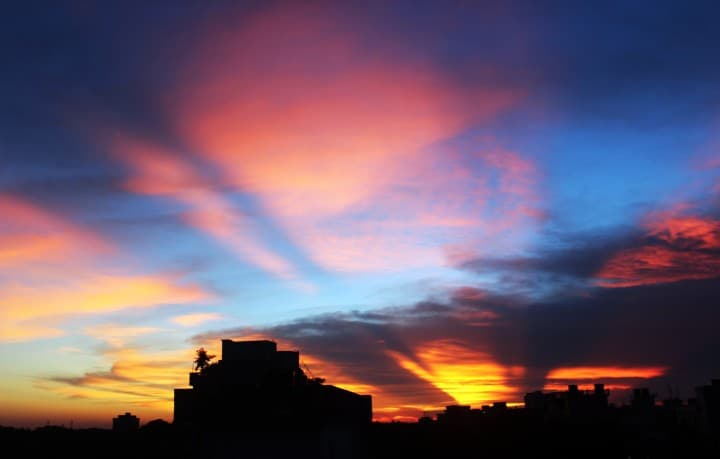
Overview of Bangladesh’s economy and cost of living compared to other countries
Bangladesh, a South Asian country known for its lush green landscapes and numerous waterways, has been experiencing steady economic growth over the last few years. With a focus on the garment industry, agriculture, and remittances from overseas workers, the nation’s GDP continues to rise, providing opportunities for both locals and expats alike. However, when it comes to the cost of living, Bangladesh offers a rather affordable lifestyle compared to other countries.
In fact, the cost of living in Bangladesh is significantly lower than that of many western nations, making it an attractive destination for budget-conscious expats and investors. This affordability can be observed across various aspects of daily life, such as housing, transportation, and dining out. A key factor contributing to lower living expenses is the availability of cheap labor, which results in lower production and service costs. Nevertheless, it is still essential to note that certain urban areas, especially the bustling city of Dhaka, may have a slightly higher cost of living due to increased demand for goods and services.
Based on the cost of living comparison between Bangladesh and the United States, one can easily deduce that the former is 81% less expensive than the latter. Interestingly, the average after-tax salary allows residents to cover living expenses for 0.6 months in Bangladesh, whereas the same salary would suffice for 1.9 months in the US. Despite the lower cost of living, it is vital for individuals considering relocating to Bangladesh to research specific cities’ costs thoroughly, as [5][6]
II. Cost of Living in Bangladesh
The cost of living in Bangladesh is generally considered to be low in comparison to many other countries around the world. This is primarily due to the nation’s low average income, which was reported to be US$520 in 2008, in comparison to the global average of $10,200. Expatriates and locals alike can enjoy affordable food, housing, and transportation options throughout the country.
However, it is important to note that the low cost of living may also reflect the quality of goods and services available. While the country is known for its significant agriculture industry and exports of rice, tea, and mustard, the majority of its foreign currency earnings come from the garment industry and remittances from expatriates working in other countries. The overall quality of life may be lower than expatriates accustomed to Western standards. Nonetheless, with careful planning and a willingness to adapt to local culture, Bangladesh can provide an affordable and fulfilling living experience for many. [7][8]
Overview of key factors that affect the cost of living in Bangladesh (e.g., food, housing, transportation, healthcare)
Bangladesh has long been known as one of the most budget-friendly countries in South Asia. With its vibrant culture, diverse landscape, and warm hospitality, it has attracted numerous expats and travelers who are looking for a pocket-friendly yet fulfilling experience. The cost of living in Bangladesh is considerably low, mainly due to affordable food, inexpensive housing, reasonable transportation, and cost-effective healthcare services. It’s no wonder that many foreigners are choosing to settle or travel here regularly. However, as with any country, the cost of living also depends on factors like one’s lifestyle, choice of accommodation, and the area in which they reside.
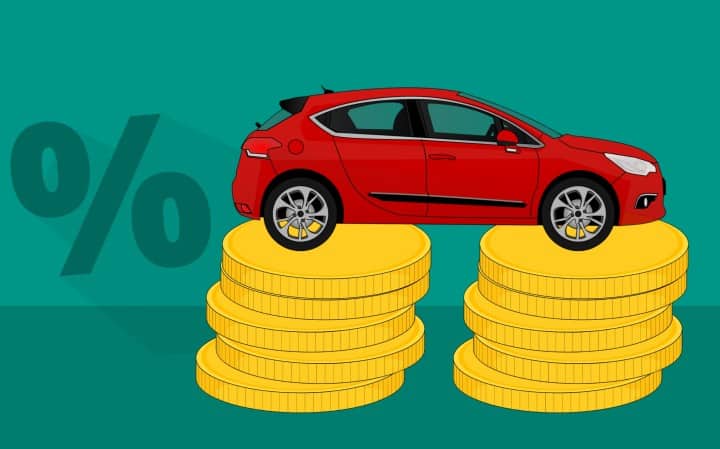
Food in Bangladesh can be extremely affordable for those who enjoy local cuisine, which focuses mainly on rice, vegetables, and fish. Street food and small eateries are plentiful and offer delicious meals that cater to people on a budget. Housing is also relatively cheap, with a wide range of apartments and houses available for rent or purchase. The larger cities, such as Dhaka and Chittagong, naturally offer more expensive options, while smaller towns and rural areas have much lower-priced accommodation choices. Public transportation in the country is reasonably priced as well, with buses and rickshaws being the most common modes of transportation.
Discussion of specific examples of costs (e.g., average rent for a one-bedroom apartment, cost of a meal at a local restaurant, transportation costs)
When considering the cost of living in Bangladesh, it is important to remember that it is known for its affordability. The country, with its diverse landscape and rich culture, offers a low cost of living compared to other countries in the region. Some prime examples of costs include the average rent for a one-bedroom apartment, the cost of a meal at a local restaurant, and transportation costs. These specific aspects of daily life in Bangladesh can paint a better picture of how affordable this country truly is.
Focusing on housing, the average rent for a one-bedroom apartment outside the city center is about $80 per month, while a similar apartment in the city center will cost around $160 per month. This difference in price often depends on the type of neighborhood, proximity to conveniences, and amenities available in the apartment. Moving on to dining, a meal at an inexpensive local restaurant typically costs around $2. Transportation costs are also quite low, with a one-way ticket on public transportation priced at approximately $0.15, and a regular monthly pass costing $15. Consequently, the lower cost of living in general allows individuals to enjoy a good quality of life in Bangladesh.
III. Comparison to Other Countries
Despite its low cost of living, Bangladesh’s standard of living may be more expensive than expected when compared to other countries. According to global rankings, Bangladesh places 190th, while the United States, for example, is much higher at 5th place. This puts into perspective the lower cost of living in Bangladesh when viewed through a global lens. However, it is essential to consider that maintaining a moderate lifestyle in developed countries can be much more expensive in least developed countries like Bangladesh.
When looking at the average after-tax salary, it becomes apparent that this income is enough to cover living expenses for only 0.6 months in Bangladesh, compared to 1.9 months in the United States. This disparity indicates that despite the lower overall prices, the salaries in Bangladesh do not stretch as far as they do in more developed countries. While certain expenses, such as rent and food, may be significantly cheaper in Bangladesh, other costs can still impact the overall affordability of living in the country. Consequently, one must consider not just the cost of living but also the purchasing power and salaries when comparing Bangladesh to other nations. [13][14]
Comparison of cost of living in Bangladesh to other countries in the region and around the world
Bangladesh is often considered to be one of the most affordable countries in the region and around the world when it comes to the cost of living. Due to its low living expenses, many expatriates and tourists find Bangladesh to be a budget-friendly destination. In comparison to its neighboring countries, such as India, Pakistan, and Nepal, the cost of living in Bangladesh is generally lower, allowing residents to enjoy a more comfortable lifestyle with a lesser budget.
However, it is important to note that the affordability of living in Bangladesh comes with some trade-offs. Although the cost of essential commodities like food, housing, and transportation is relatively low when compared to Western countries, the overall quality of infrastructure and public services may not be as high. Nevertheless, for those who are seeking a more affordable experience without compromising on the essential aspects of daily life, Bangladesh offers a unique opportunity to explore a diverse and colorful culture in a budget-friendly way. [15][16]

Discussion of factors that influence cost of living in different countries (e.g., exchange rates, cost of labor)
Various factors influence the cost of living in different countries, with exchange rates and labor costs being two major determinants. Exchange rates directly impact the purchasing power of a country’s currency, affecting the prices of goods and services. A stronger currency generally means lower costs for imported products, whereas a weaker currency can result in higher prices due to increased import/export costs. Similarly, labor costs play a crucial role in determining the cost of living, as they influence the prices of locally produced goods and services. Countries with lower labor costs tend to have cheaper goods and services compared to countries with higher labor costs.
In the case of Bangladesh, its cost of living is relatively low compared to other countries, primarily due to its lower labor costs and competitive exchange rates. Textiles, garments, and agricultural products are produced at lower costs, thanks to the country’s abundant, low-cost labor force. Additionally, Bangladesh’s exchange rate allows for affordable imports to maintain reasonable prices for various consumer goods. Nonetheless, it is essential to acknowledge that while the overall cost of living may be low in Bangladesh, individual experiences and living standards can vary across different regions and socioeconomic groups. Factors such as access to education, healthcare, and infrastructure can significantly influence an individual’s quality of life in the country. [17][18]
IV. Quality of Life Considerations
The quality of life in Bangladesh is influenced by several factors such as cost of living, housing, educational opportunities, and healthcare. One significant component that affects the overall quality of life in Bangladesh is the cost of living, which is relatively low compared to many other countries. This makes basic necessities like food, clothing, and transportation more affordable for the average person. Additionally, the country has experienced economic growth in recent years, leading to improvements in infrastructure and employment opportunities.
However, it is essential to note that the value of a life in Bangladesh may not be considered the same as it is in wealthier countries, meaning that the amount spent on ensuring citizens’ wellbeing might be lower. This could, at times, lead to subpar working conditions and potential safety hazards. It is essential for the government, businesses, and citizens to continue working towards improving the overall quality of life in Bangladesh to ensure that everyone has access to a safe and healthy living environment. [19][20]
Discussion of how cost of living in Bangladesh impacts quality of life for locals and expats
The cost of living in Bangladesh significantly impacts the quality of life for both locals and expats residing in the country. As a developing South Asian nation, Bangladesh grapples with significant poverty in some areas, which can often be a stark contrast to the lifestyle of a Western expat. However, it is essential to consider that the cost of living varies depending on an individual’s income and spending habits.
For expats, living in the bustling cities of Dhaka or Chittagong may take some time to adjust to the different social dynamics, including high temperatures, humidity, and heavy traffic. Nevertheless, one of the upsides of living in Bangladesh is the delicious, flavorful cuisine that offers options for both meat lovers and vegetarians alike. Moreover, locals in Bangladesh are generally friendly and polite towards foreigners, making the transition for expats a bit more comfortable. Ultimately, the cost of living in the country will undoubtedly have an impact on one’s quality of life, but it is possible to enjoy a comfortable lifestyle with a sufficient income and proper budgeting. [21][22]
Examination of factors beyond just cost of living that impact quality of life (e.g., healthcare system, access to education)
When considering the quality of life in Bangladesh, it is essential to look beyond just the cost of living. Factors such as the healthcare system and access to education play significant roles in determining the overall quality of life in the country. With a growing population and rapid urbanization, the demand for these essential services has increased considerably, leading to improvements as well as challenges in these sectors.
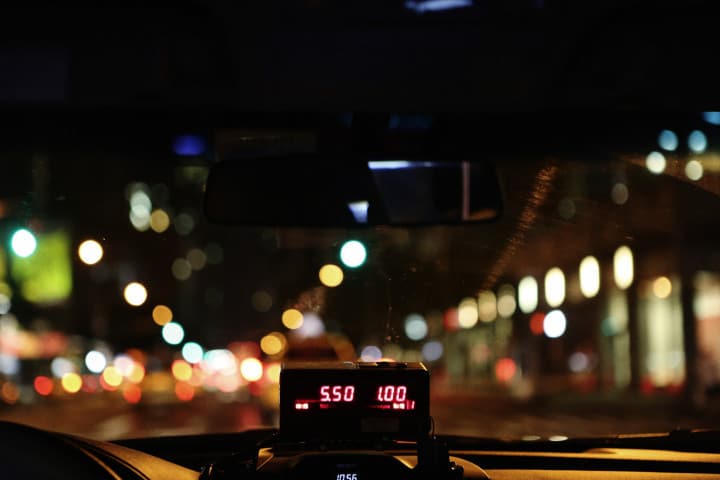
The healthcare system in Bangladesh has seen remarkable strides in recent years, with increased government funding and the introduction of various public health programs. Life expectancy has risen, and there has been a significant reduction in maternal and child mortality rates. Nonetheless, there are still significant disparities between rural and urban populations, with many rural areas lacking adequate healthcare facilities and trained medical professionals. Access to quality education in Bangladesh is also a pressing concern, particularly in rural areas. Although primary school enrollment rates have increased significantly in recent years, ensuring that children complete their education and acquire the necessary skills remains a challenge. Additionally, the quality of education can vary considerably across the country, with rural schools often under-resourced and overcrowded. While Bangladesh offers a low cost of living, it is crucial to take these quality of life factors into account when planning a move or considering the overall experience of residing in this developing nation.
V. Conclusion
In conclusion, Bangladesh can be considered a relatively affordable country to live in or visit. The cost of living in Bangladesh, such as housing, food, transportation, and entertainment, tends to be lower compared to many other countries around the world. This makes it an attractive destination for budget-minded travelers and expatriates who want to experience a unique culture and lifestyle without breaking the bank.
However, it is important to keep in mind that the quality of life and available opportunities in Bangladesh might be different from what you may be accustomed to in your home country. It is wise to do thorough research and plan accordingly before making a decision to move or travel to Bangladesh. By being informed about the cost of living and potential challenges, you will be better equipped to enjoy what this vibrant and diverse country has to offer. [25][26]
Final thoughts on whether Bangladesh is cheap or not and whether it is a good place to live for expats or locals.
In conclusion, based on the factual data presented, it is evident that Bangladesh offers a significantly lower cost of living compared to countries like the United States. From housing to food and transportation, the expenses are considerably more affordable, making it an attractive destination for those looking to save money or stretch their income further.
However, it is essential to consider factors beyond the cost of living when determining if Bangladesh is a suitable place for expats or locals to reside. Factors like job opportunities, quality of life, healthcare, education, and overall infrastructure should also be taken into account. While some may find Bangladesh an appealing and cost-effective place to live, others might prioritize different aspects of life, leading to varying opinions on whether or not Bangladesh is truly an ideal place to call home. [29][30]
